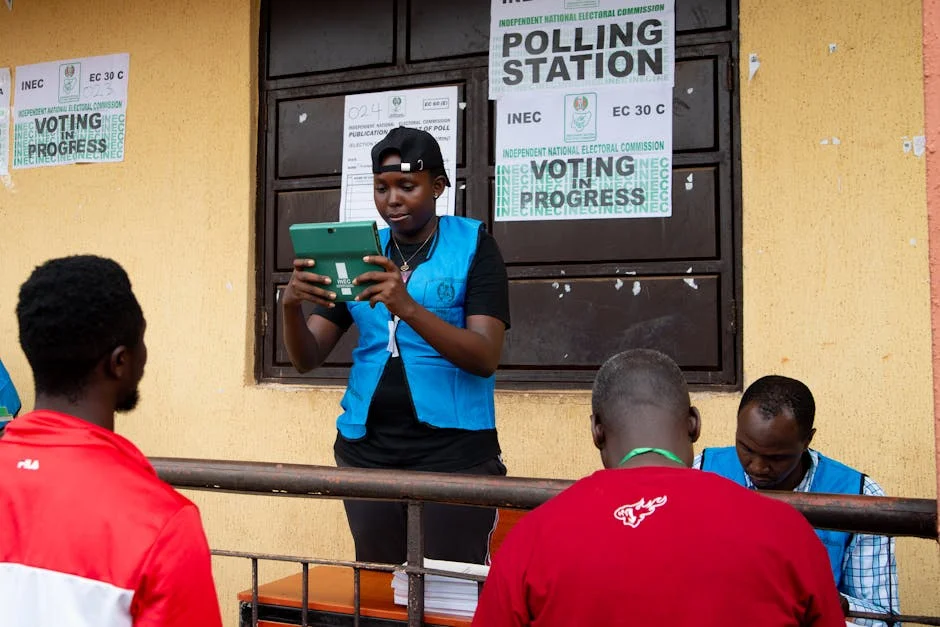The World Health Organization (WHO) has raised an alarm concerning a batch of contaminated cough syrup known as “Naturcold” in Cameroon.
The global health body warns that the contaminated syrup poses a potential risk of spreading to neighboring countries, including Nigeria.
Late on Wednesday, the WHO released a statement indicating that samples of the cough syrup were provided to them on June 27.

The samples were then analyzed in a contracted and prequalified laboratory, revealing the presence of contaminants.
It said analysis found that the product contained unacceptable amounts of diethylene glycol as contaminants.
Diethylene glycol is a colourless, odourless, clear liquid with a sweet taste, used as a cheaper alternative to glycerin in cough syrups.
WHO said while the acceptable limit for diethylene glycol was no more than 0.10 per cent, as much as 28.6 per cent of it was detected in samples of the product.
The statement read: “The stated manufacturer of the affected product is listed on the product packaging as Fraken International (England).
”The United Kingdom national regulatory authority, the MHRA, has confirmed that no such company exists in the UK.
“Diethylene glycol and ethylene glycol are toxic to humans when consumed and can prove fatal.
“Enquires are still underway to determine the origin of the product. Therefore, the stated manufacturer has not provided guarantees to WHO on the safety and quality of these products.
“The product referenced in this Alert may have marketing authorizations in other countries or regions. It may also have been distributed through informal markets to neighboring countries.
“The substandard products referenced in this Alert are unsafe and their use, especially in children, may result in serious injury or death.
“Toxic effects can include abdominal pain, vomiting, diarrhoea, inability to pass urine, headache, altered mental state and acute kidney injury which may lead to death.
“If you have the affected product, WHO recommends that you do not use it.
“If you, or someone you know, has or may have used the affected product, or suffered an adverse reaction or unexpected side-effect after use, you are advised to seek immediate medical advice from a healthcare professional.
” WHO requests increased surveillance and diligence within the supply chains of countries and regions likely to be affected by these products.
“Increased surveillance of the informal/unregulated market is also advised.”
Recall that in April, the National Agency for Food and Drugs Administration and Control, NAFDAC, had warned Nigerians against the use of the cough syrup, after it was believed to have caused the deaths of six children under the age of five at a health facility also in Cameroon.



